
The United Nations (UN) is a key actor in the international sphere, and plays an integral role in the maintenance of peace and security across the world. One of the key mechanisms for doing so are its peacekeeping operations, which see peacekeepers inserted into some of the direst situations on the planet. The work of peacekeepers is absolutely crucial, but the UN has been marred by decades of scandal, as its peacekeepers have carried out instances of sexual exploitation and abuse while on mission. Not only does this significantly affect the credibility of the UN and its peacekeeping missions, but it also has truly horrific impacts on the victims, their families, and their communities. Successive Secretaries-General have strived to tackle this issue, with mixed success – at its heart, there is a startling lack of accountability, with the perpetrating peacekeepers often being subjected to little sanction.
One of the biggest barriers to the accountability of peacekeepers accused of sexual exploitation and abuse is the legal status quo created by the Status of Forces Agreement (SOFA). The SOFA outlines the rights and responsibilities of the host state, troop contributing country and UN management in respect of individual peacekeeping missions, and as such, is an integral part of any operation. Problematically, the Model SOFA of 1990, which is used by all peacekeeping missions, states that “military members of the military component of the UN peacekeeping operation shall be subject to the exclusive jurisdiction of their respective participating States in respect of any criminal offences which may be committed by them in the host country.” This provides absolute immunity from host state jurisdiction for peacekeepers accused of sexual exploitation or abuse while on mission, and notably differs from the more standard functional immunity granted to most other UN employees. Accordingly, this leaves primary responsibility for accountability with the troop contributing countries themselves, while the UN is restricted to internal investigations and at most, mandatory repatriation of the offending peacekeeper. Unfortunately, troop contributing countries are notorious for failing to take meaningful action to hold these peacekeepers to account – it is not uncommon for the only response to be disciplinary, as opposed to legal.
Given this problematic status quo, the UN has had to resort to a variety of alternative mechanisms in order to attempt to provide some level of accountability, and to repair the damage caused by sexual exploitation and abuse. With the SOFA creating a significant barrier to the achievement of legal accountability, the UN has begun to develop non-legal accountability mechanisms that provide support to victims, and seek to force action by troop contributing countries – 2007 saw the introduction of minimum standards of assistance, and the Trust Fund on Victim Assistance was established in 2016.The Secretary-General’s 2017 Report on Ending Sexual Exploitation and Abuse in particular can be noted for its efforts to provide direct non-legal accountability to victims, through its introduction of a number of new initiatives.
Firstly, the Report called for the appointment of a Victims’ Rights Advocate, who is a system-wide official who leads the UN’s response to sexual exploitation and abuse, and provides not only guidance to UN bodies, but also assistance and support to victims. Secondly, the Report recommended that payments due to peacekeepers accused of sexual exploitation and abuse should be withheld, and transferred to the Trust Fund on Victim Assistance should the troop contributing country fail to carry out or complete a proper investigation. While the first Victims’ Rights Advocate was appointed in 2017 and has been active ever since, the General Assembly has thus far failed to adopt the recommended changes to the Trust Fund.
While mechanisms such as these have been criticised for not providing legal accountability, or for failing to bring about the end of sexual exploitation and abuse, it is crucial to note that the UN is significantly hamstrung in respect of what it can do to tackle this truly abhorrent issue. The foundation of the UN system is state consent, meaning the Model SOFA is likely to remain as it is. Although other organisations, such as NATO, only provide their peacekeeping personnel with functional immunity (immunity in respect of actions that are part of their official duties), proponents for change have been unsuccessful in seeing any redrafting of the UN’s Model SOFA. Given this practical reality, the UN has little option other than to pursue these kinds of non-legal accountability, in the hopes that they can provide some form of closure and support to the victims, and to force action by troop contributing countries. Until such a time as troop contributing countries see fit to either grant only functional immunity, or to commit to fully exercising their retained jurisdiction, the UN will have to continue inventing alternative mechanisms. Ultimately, this may well be the best that can be hoped for – it is, after all, better than nothing.
This unfortunate reality should not be one that completely dissuades agitation for change. Peacekeepers operate in vulnerable communities, and should not be able to exploit their positions of power. In an increasingly dynamic world, where the UN is under pressure to fulfil its mandate, the work of peacekeeping cannot be allowed to be undermined by the actions of a depraved few. In the meantime, innovative alternatives should be sought and enacted, to make as much of a difference as possible – civil society should be prepared to provide leadership if required.
[For further information and analysis, see Jayden van Leeuwen Addressing the Gap: Accountability Mechanisms for Peacekeepers Accused of Sexual Exploitation and Abuse (2019) 50 VUWLR 135.]

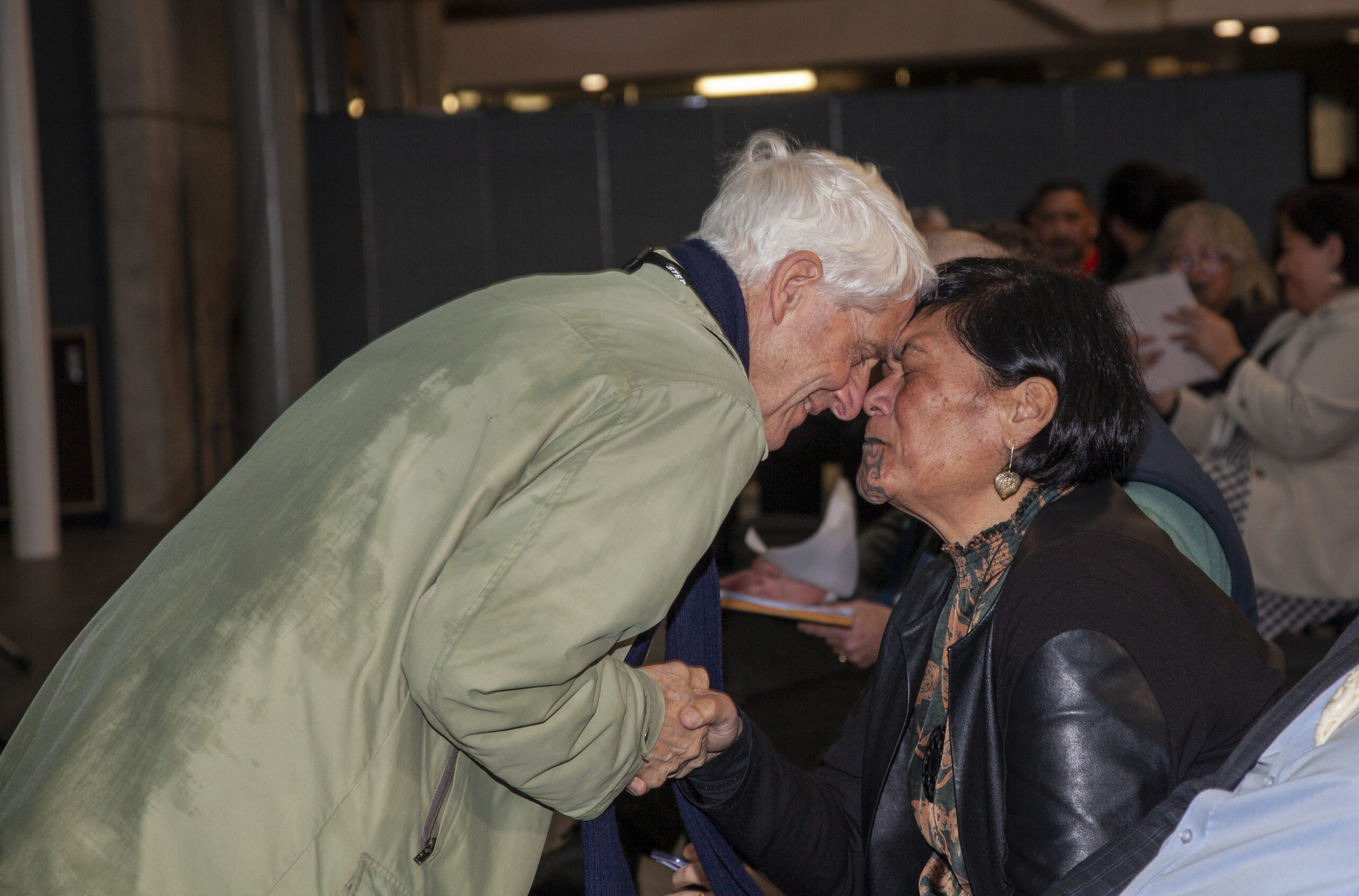
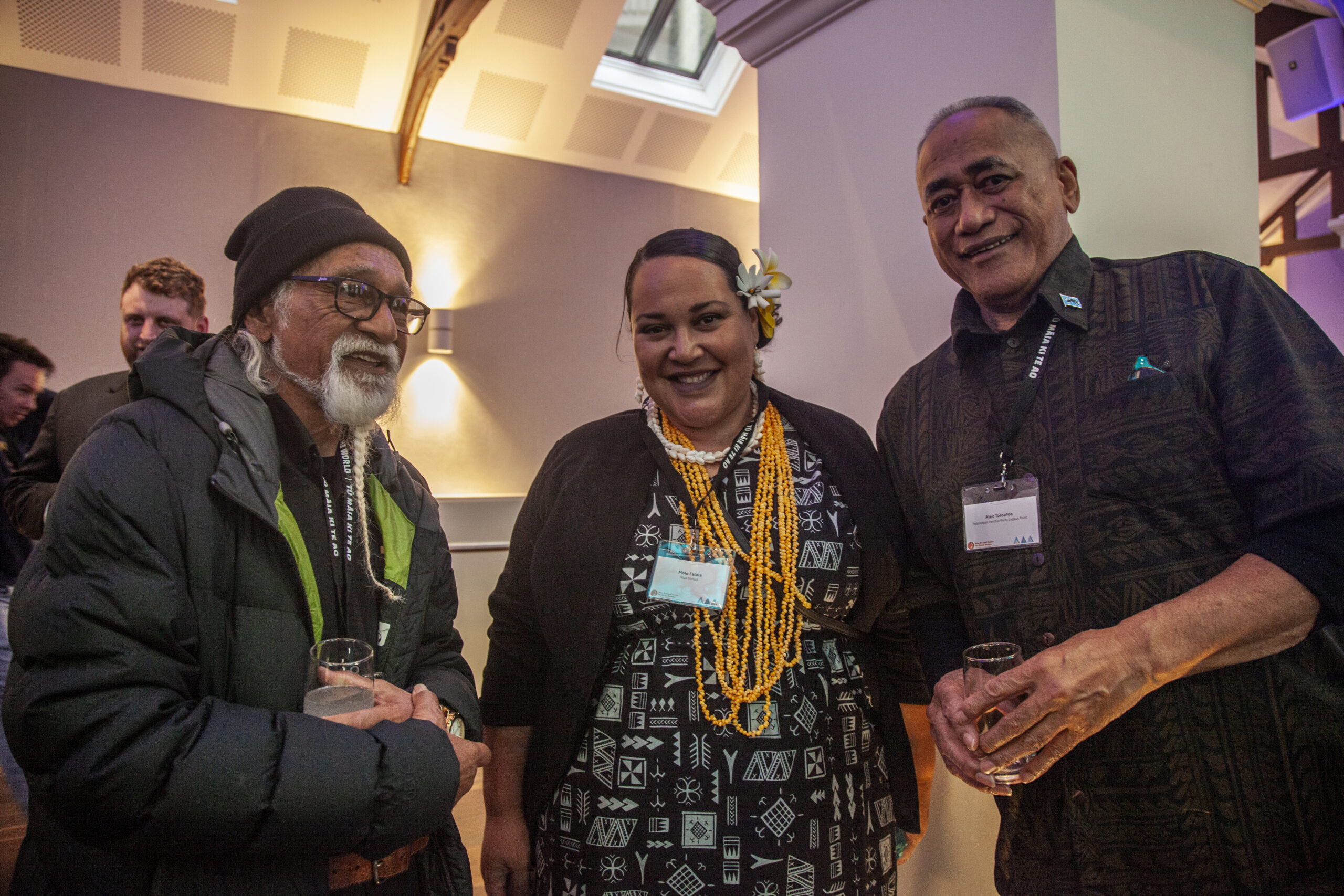
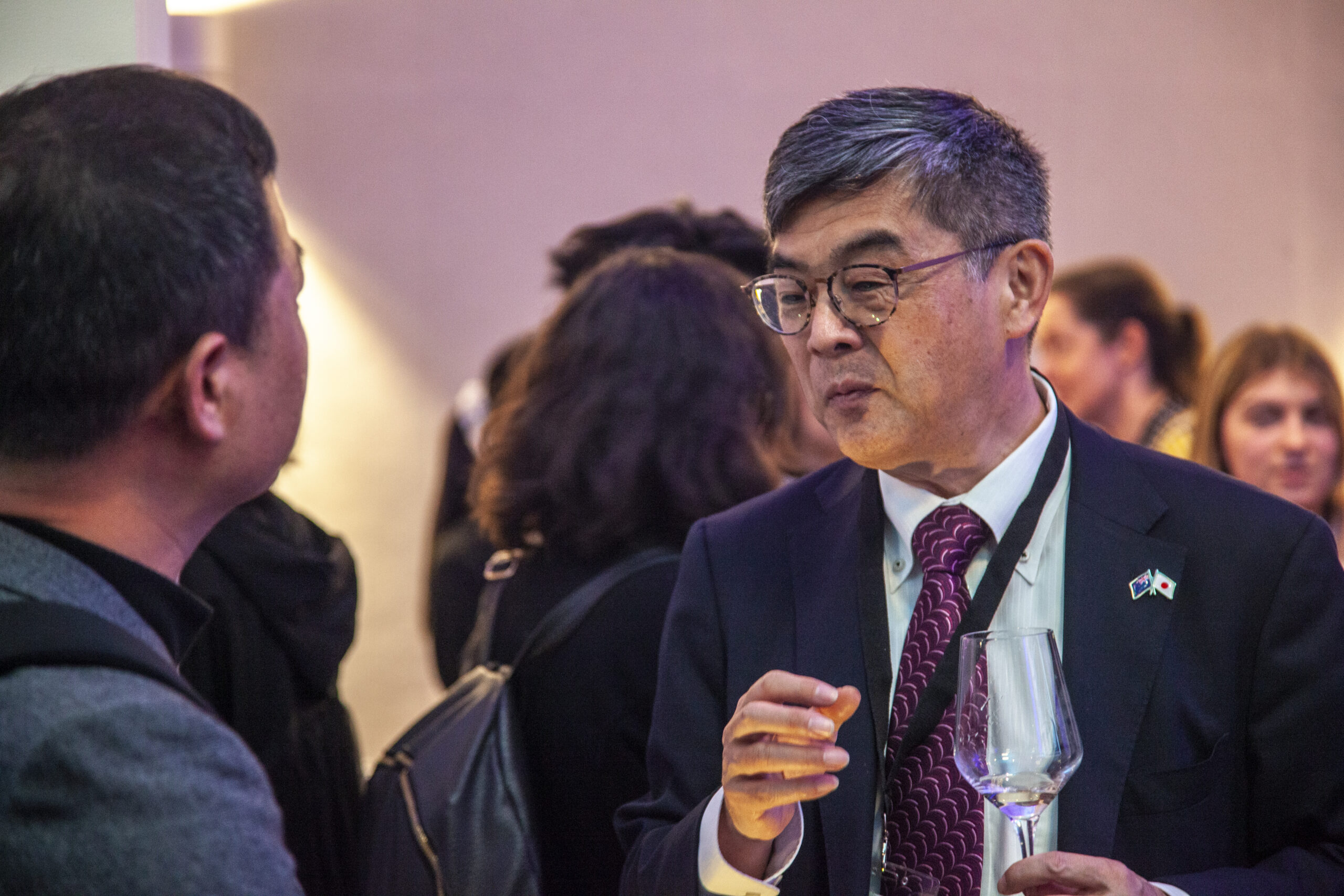
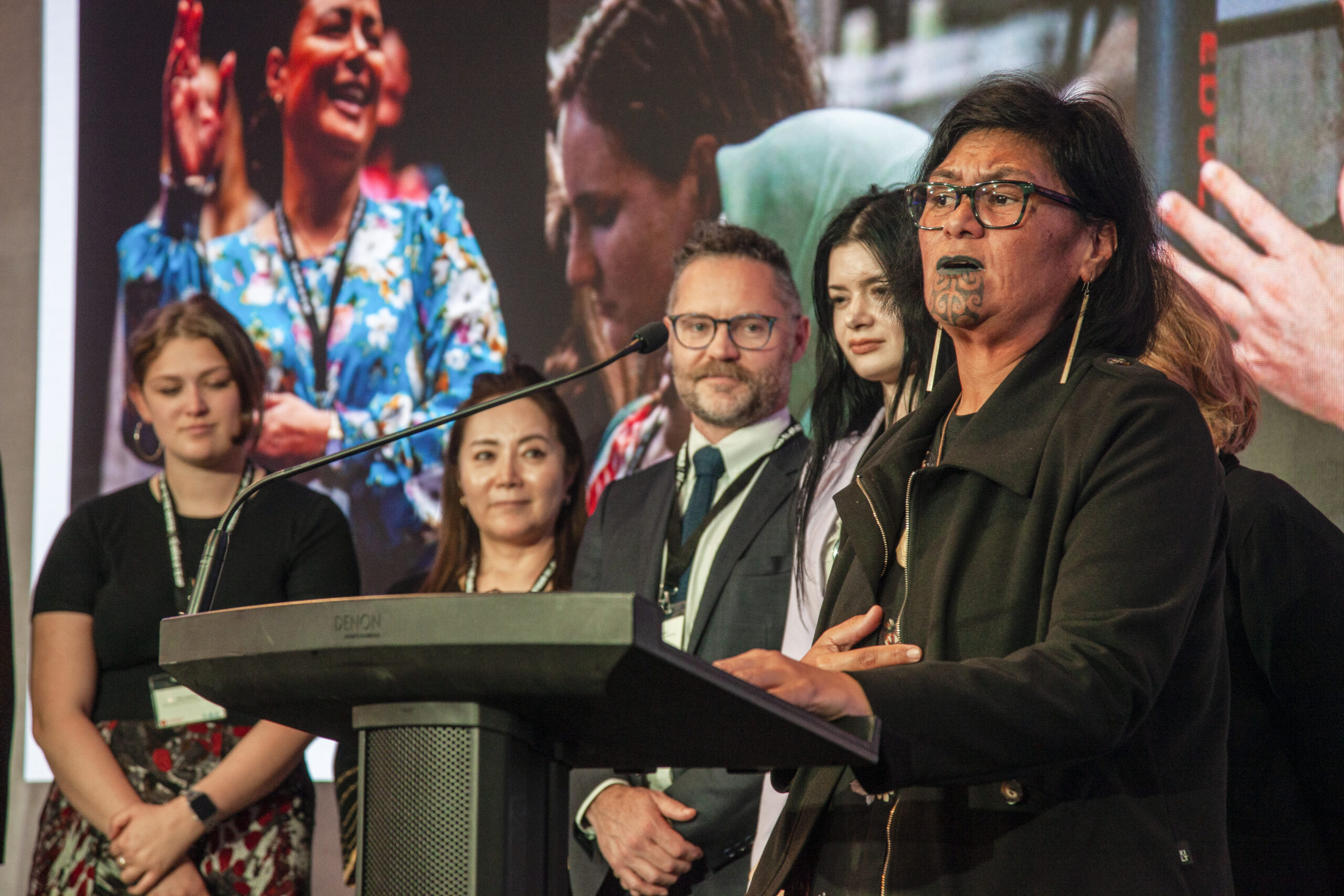
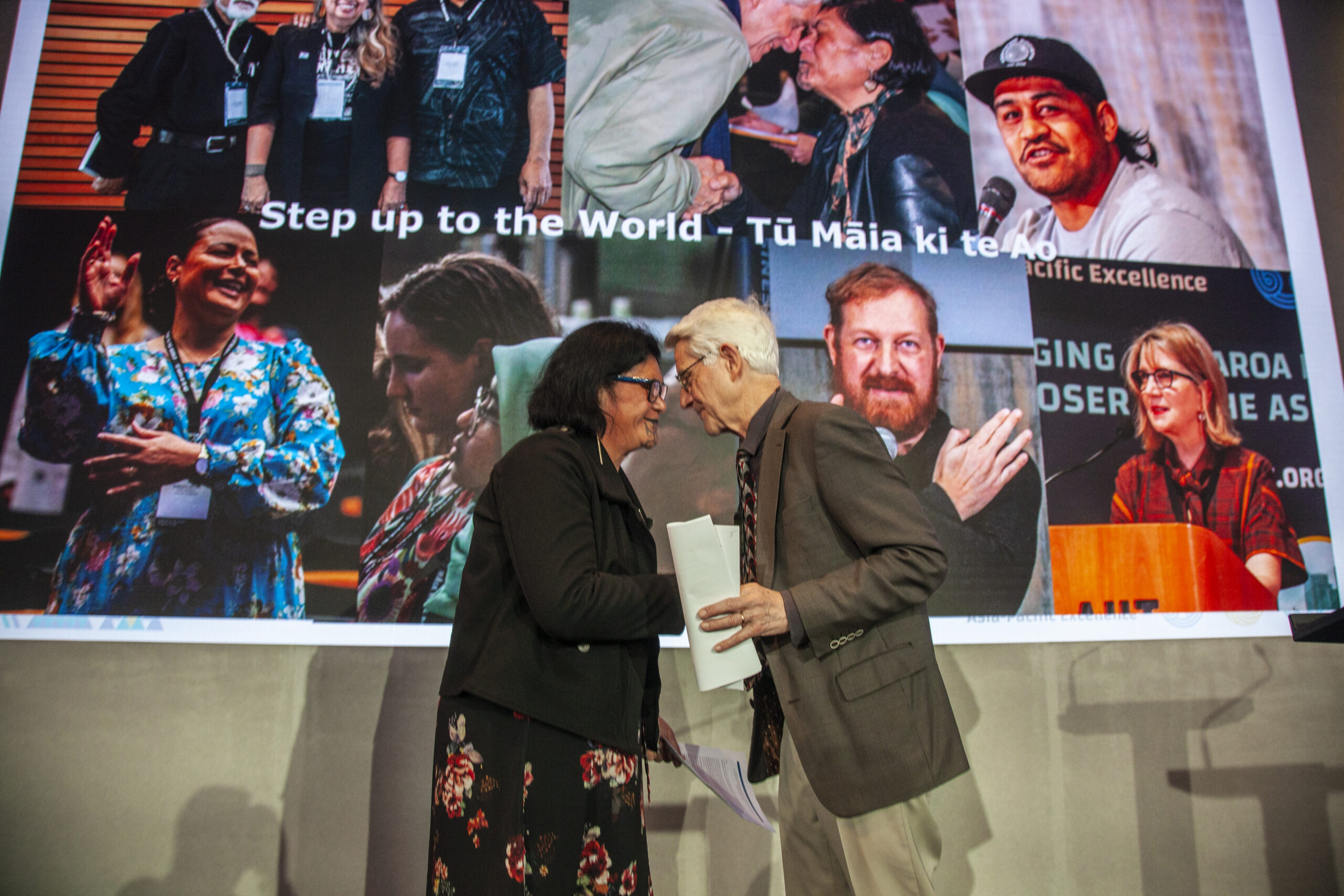
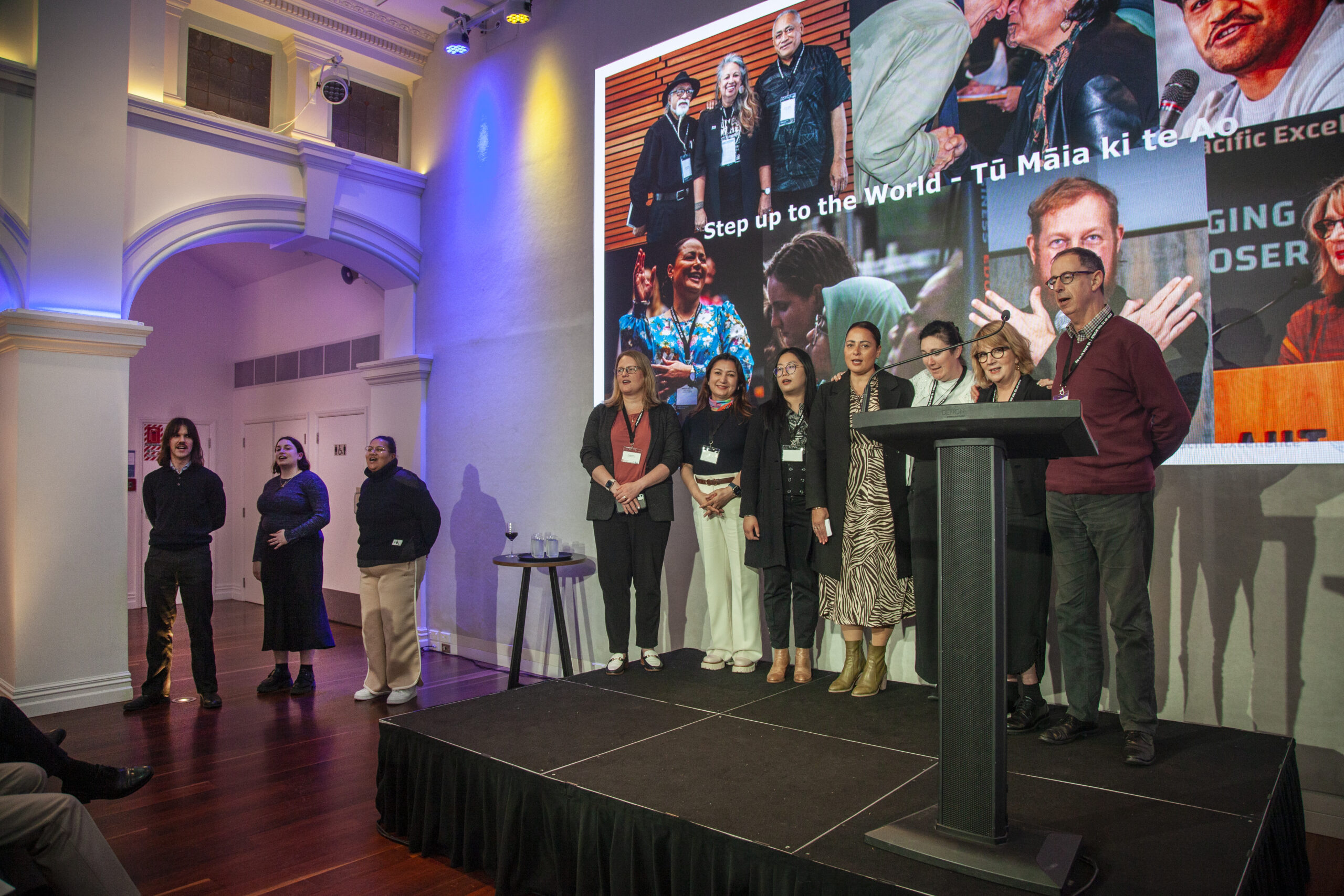
0 Comments